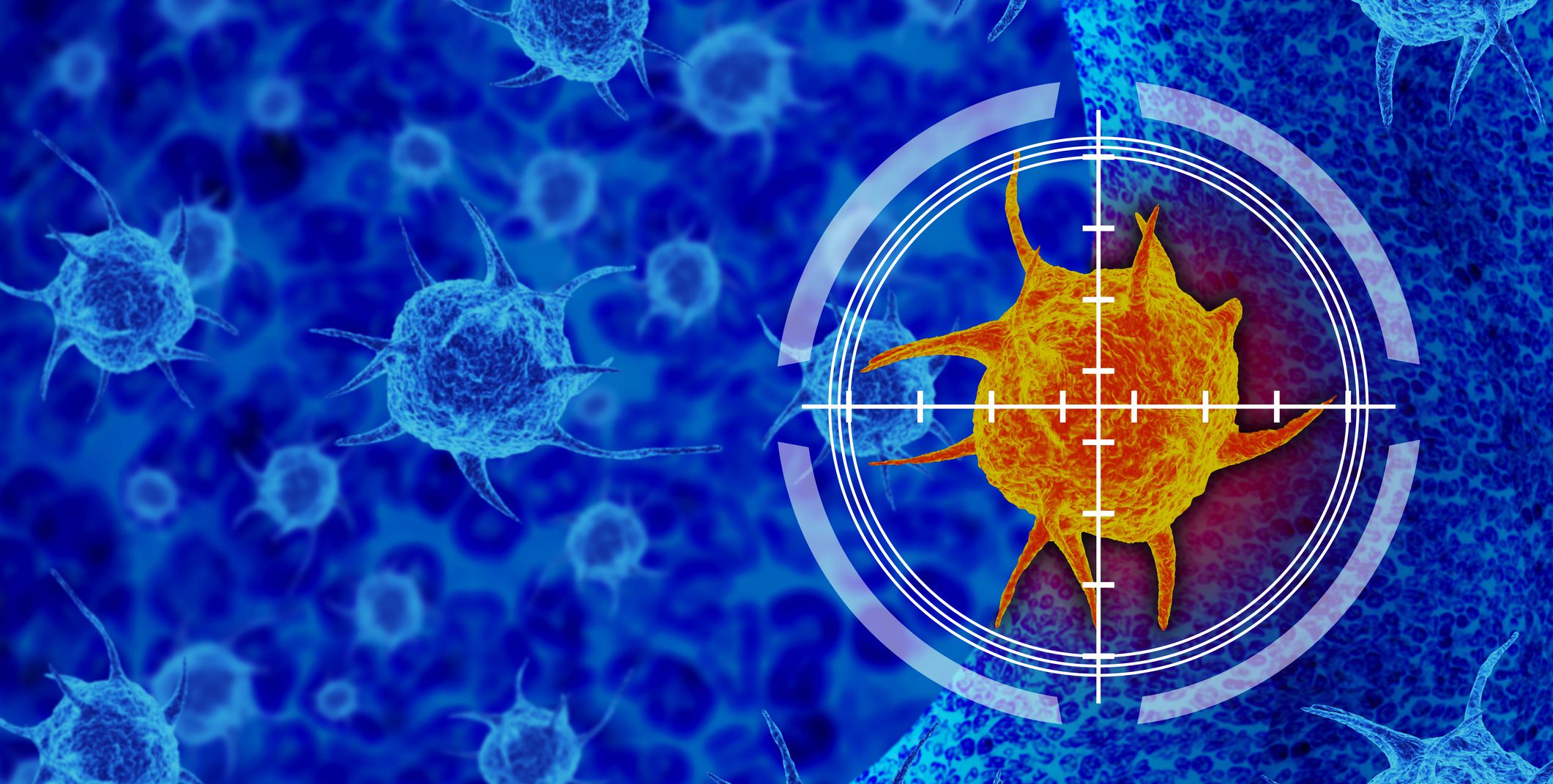Immune checkpoint inhibitors (ICI) have revolutionized oncological therapy, but many patients do not respond or only respond inadequately to this form of treatment. Resistance mechanisms such as the overexpression of PD-L1 or immunosuppressive molecules such as galectin-9 limit their effectiveness. A novel approach aims at targeted intratumoral gene editing using nanoparticles that introduce CRISPR-Cas components directly into tumor cells and switch off regulatory genes there. A recent study provides preclinical evidence that the combined silencing of PD-L1 and galectin-9 significantly inhibits tumor growth and improves the efficacy of ICI therapies.
Autoren
- Tanja Schliebe
Publikation
- InFo ONKOLOGIE & HÄMATOLOGIE
Related Topics
You May Also Like
- COPD: Tailor therapy to individual characteristics
Risk of exacerbation correlates with the eosinophil count and other factors
- Focus on new therapeutic targets and senolytics
Cellular senescence
- Development of a quintuple agonist
New strategy in the fight against obesity and T2D
- From symptom to diagnosis
Oncocytoma
- Arterial elasticity, vascular ageing, endothelial function
Longevity and cardiovascular health 2025
- AI-supported risk stratification for chest pain in the emergency room
Performance of a fully automated ECG model
- Alternative to insulin and GLP1
From the β-cell to the center: the versatile role of amylin
- Hormone balance and longevity











